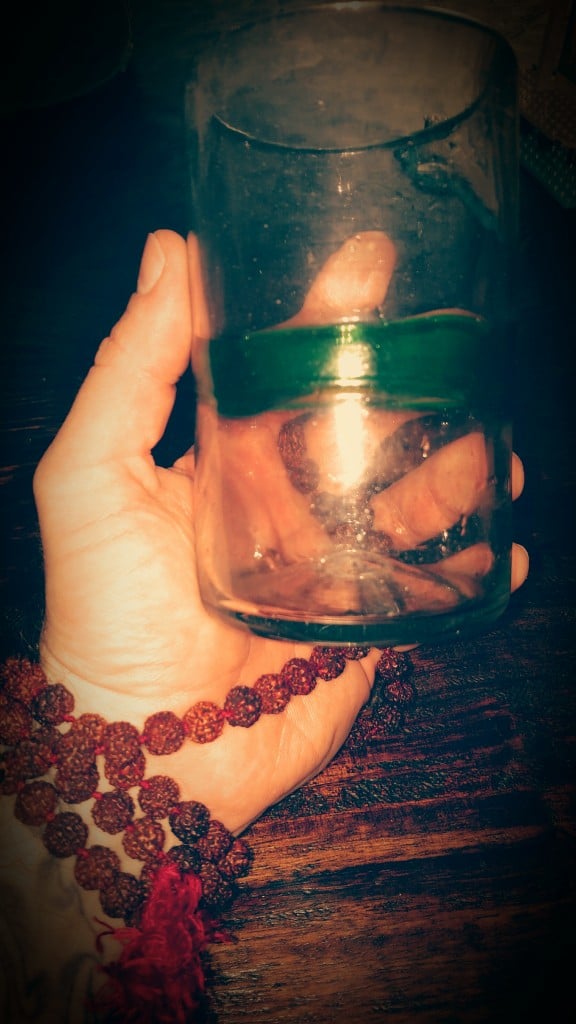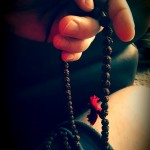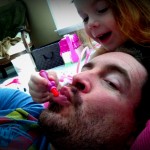Editors’ Note: This article is part of the Patheos Public Square on Engaging the New Year. Read other perspectives here.
The New Year is once again upon us. Our revelries have come and gone and what seems like an impossible date when I remember watching Flashback to the 80’s as a kid, is here. It is 2016. How do we approach our ideas of the new year? Resolutions? Diets? A long list of of what we want to change or what we wish we did and will now do? Do we see the glass as half empty or half full?
When I was presented this question, I wasn’t sure how I wanted to reply. New Years has never been an important holiday to me—I am the Halloween type. For me, New Year’s Eve is just a drunk Christmas for people in their 20’s, and this year I was in bed reading by 9:30 like every other night and preparing for a 13 hour work day the next morning.
So how do I view the New Year as a middle aged male, as a father, as a Buddhist, or even just as a human being on a planet bursting at the seams with people.
I decided to take out a glass. Maybe taking this writing assignment literally would be engaging, fun, and bring a spark of new life to my writing. I filled the glass halfway and sat down with it. As I looked at it, I saw the sun reflecting off of the rim, the shadow it cast on the table, and noticed the bubbles inside the glass itself, from supposedly being hand blown by local artisans.
This whole process didn’t speak to me.
I poured the water out and sat with the empty glass watching as what little moisture was left slid down the side and pooled in the bottom. Aftew a few minutes I realized I was thirsty. As I got back up to fill my glass again, it hit me. What we have is not an issue of half full or half empty, but instead a vessel of opportunity.
We have a glass.
This instantly reminded me of the zen/hindu/yogin story (depending on who tells it) of the master and the student sitting for tea. Every time the teacher spoke, the student had a reply, a rebuttal, a quick quip or limerick to add, What he didn’t have was the ability to listen. Seeing this, the wise old teacher offered him tea. The student accepted.
As the teacher began to fill the cup the student noticed that the cup was quickly filling and would soon overfill. He kept looking up at the teacher. The teacher kept pouring tea. Soon the tea was spilling over the rim, filling the saucer, and pouring onto the table. “Stop!” the student shouted. “You’re making a mess.”
The teacher stopped and smiled. “How can you accept my tea if you do not first empty your cup?”
As they sat in silence, the student realized what the wise old teacher really meant. He needed to be willing to listen—to allow the teaching to fill him instead of always having his own thoughts and desires at the front of his mind, ready to fill every empty space.
The New Year is much like this. It is a cup we bring into the next step in our lives. We can choose to bring a full cup or we can choose to bring a vessel of opportunity—one that gives us the ability to collect new things that enrich our lives and the lives of those around us. We can continue in negative habits with tepid and stagnant water in hand or we can wash our cup, cleaning it thoroughly and ready it for each new passing day.
I guess what the New Year means to me is the same as every other day. Each morning we are born new and fresh and the choices we make are what will fill our cups. Lately my cup has been dirty, filled with complaints and self pity.
It is time I washed my cup.











